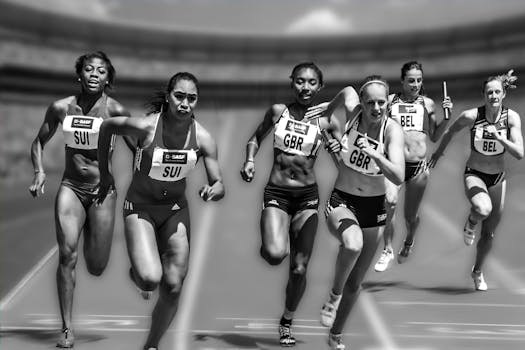
Introduction
For many runners, setting goals is the cornerstone of progress and motivation. However, a new approach is gaining popularity: running without goals. This philosophy invites runners to lace up their shoes not for personal records or race times, but for the pure joy and experience of running itself.
Why Ditch the Goals?
- Reducing Pressure: Removing goals can eliminate the stress of constant improvement and performance tracking.
- Improved Mental Health: Running purely for enjoyment can transform the activity into a meditative escape, fostering mindfulness.
- Listening to Your Body: Without strict targets, you can run according to how you feel, allowing for better recovery and reduced risk of injury.
How to Embrace Goal-Free Running
- Lean Into Flexibility: Let your mood, energy levels, and even the weather guide your runs.
- Explore New Routes: Use the absence of a strict training plan as an opportunity to discover unfamiliar trails or neighborhoods.
- Pace Yourself Naturally: Rather than chasing splits, focus on the rhythm of your breath and footsteps.
The Unexpected Benefits
Many runners report that, paradoxically, their performance sometimes improves when they stop obsessing over metrics. Others find a renewed love for a sport that once felt like a chore. This approach is also a great way to avoid burnout and rekindle a lifelong relationship with running.
Conclusion
Running without goals isn’t about giving up ambition; it’s about redefining success. Whether you’re an experienced marathoner or a casual jogger, stepping away from rigid targets can help you rediscover freedom, happiness, and balance on the road.
Comments
Post a Comment